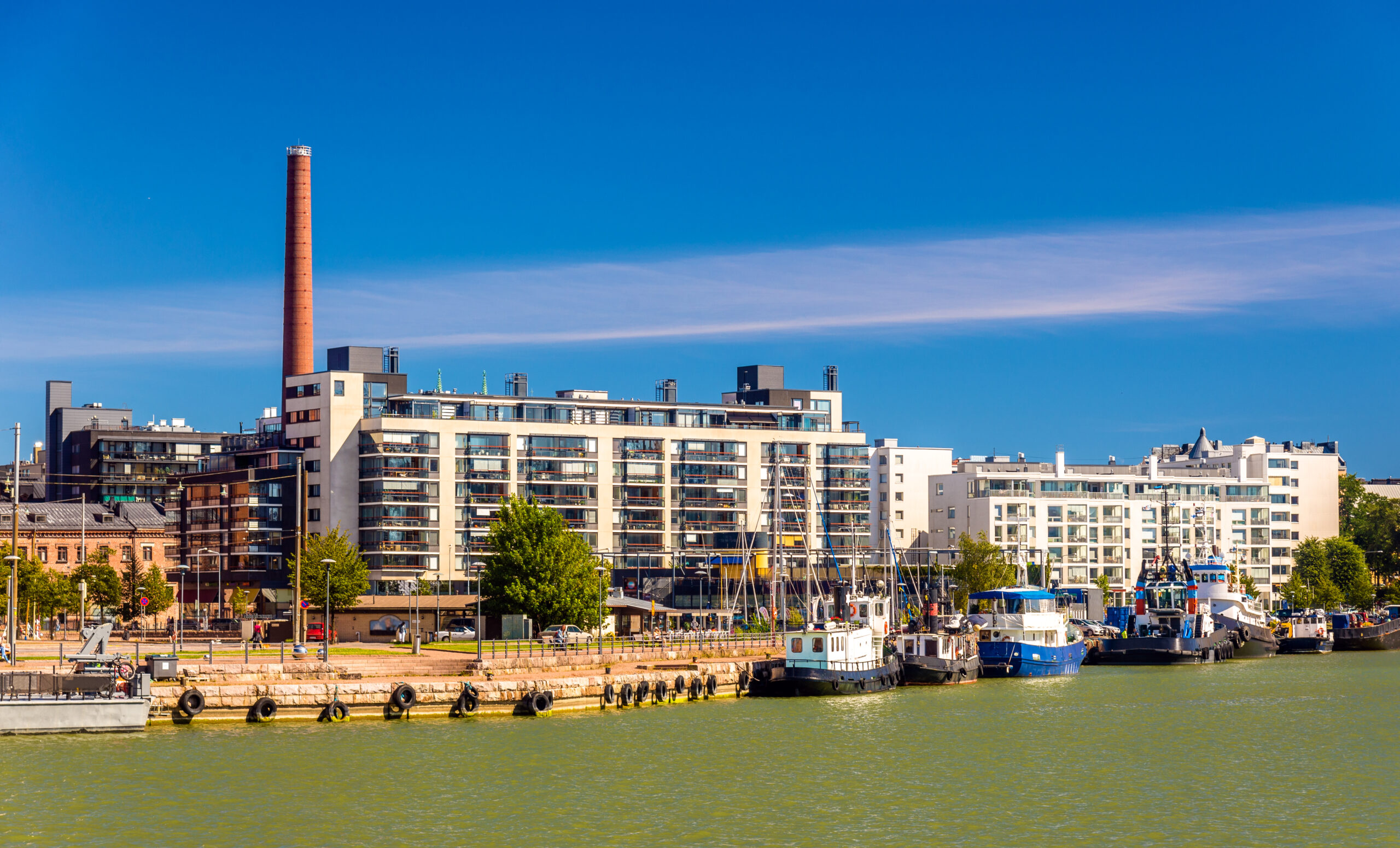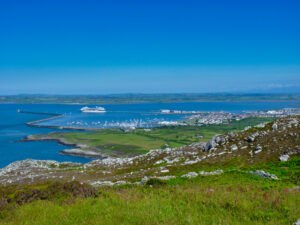The FIN-EST Green Corridor, a collaborative initiative between Finland and Estonia, aimed at creating a sustainable and climate-neutral maritime corridor in the Gulf of Finland, gains momentum as its Steering Committee on October 2 approved a comprehensive list of 19 joint projects that seek to reduce the carbon footprint of ferry journeys between Finland and Estonia.
The initiative was born from a memorandum of understanding (MoU) signed in October 2023 by representatives from Helsinki, Tallinn, and various key stakeholders.
The MoU set the foundation for creating a climate-neutral customer journey and establishing a maritime green corridor connecting Helsinki – Tallinn and Vuosaari – Muuga.
The initiative’s core partners include the cities and ports of Helsinki and Tallinn, Rederi AB Eckerö, Tallink Grupp, Viking Line, and the Ministry of Climate, Estonia, with strong support from the Ministry of Transport and Communications, Finland.
As disclosed, the 19 joint projects cover a wide range of initiatives that will support climate neutrality, including:
Transition to green fuels: Studies and activities aimed at ensuring the availability of green fuels and addressing associated safety regulations.
Zero-emission port infrastructure: The introduction of zero-emission service vehicles and machinery at ports, along with the development of supporting infrastructure.
Waste management enhancements: Efforts to harmonize sorting and recycling systems for ship-generated and consumer waste, contributing to more sustainable waste management.
Digital solutions for fuel efficiency: The implementation of digital tools to monitor and reduce fuel consumption in ferries.
Carbon capture technologies: Exploring the potential of carbon capture to further minimize emissions.
Cycling travel promotion: A project focused on improving the experience for cycling travelers, ensuring seamless bicycle journeys between the cities and ships.
Valdo Kalm, chief executive officer of Port of Tallinn and chairman of the FIN-EST Green Corridor Steering Group, said: “These 19 joint projects are a clear demonstration of our commitment to creating a more sustainable and climate-neutral maritime corridor.
“By collaborating across borders, ports, and maritime sector, we are not only reducing the environmental footprint but also strengthening the connectivity and competitiveness of our region.
“We do, however, need to be aware of the complexity of the issues at hand, and the resulting timeframe. Regardless, the FIN-EST Green Corridor can hopefully serve as a blueprint and inspiration for future green shipping initiatives around the world.”
In 2025 the chairmanship of the Steering Committee will go over to Ville Haapasaari, chief executive officer of port of Helsinki.
Ville Haapasaari, chief executive officer of port of Helsinki, noted: “The project stands out among many green corridor initiatives due to its unparalleled progress, scope, and ambition.
“It is a prime example of successful cooperation between multiple stakeholders, including two major ports, both cities, and several leading shipping companies.
“The maritime industry is increasingly recognizing the critical need to reduce emissions, and it’s clear that carbon neutrality at the port level alone is not enough. We must influence the entire transportation chain to make a meaningful impact.”
The FIN-EST Green Corridor is one of 60 such initiatives announced by the Global Maritime Forum, aimed at reducing the maritime sector’s carbon emissions.



